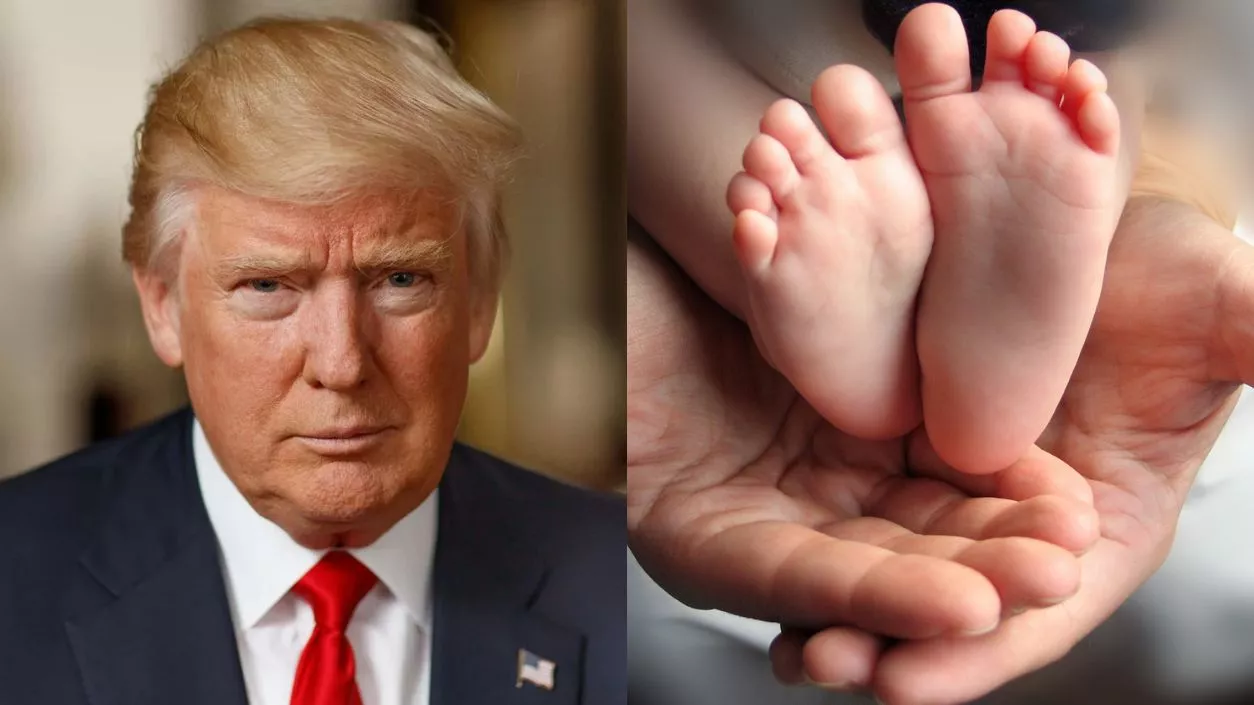Shubhman Gill slams maiden Test 200 in 311 balls against England
.gif)
.gif)

With President Donald Trump’s executive order to end automatic birthright citizenship set to take effect after February 20, an increasing number of Indian parents in the United States are requesting preterm C-sections to ensure their children are born before the deadline. The new policy, which will prevent children born to non-permanent residents from automatically receiving US citizenship, has triggered a rush among parents, particularly those on temporary work visas such as H-1B and L1. These visas do not grant permanent residency or citizenship, and the policy change is seen as eliminating a key avenue for securing citizenship for their children.
The surge in preterm C-section requests has been reported in multiple states, with many expectant mothers in their eighth or ninth months of pregnancy seeking to deliver early. Some women are opting for deliveries despite being several weeks away from full term. In New Jersey, Dr. S.D. Rama, an obstetrician, reported a significant increase in requests for preterm C-sections. In one instance, a woman who was seven months pregnant and due in March sought an early delivery to ensure her child would be born before the cutoff date.
Medical professionals have raised concerns about the health risks of preterm births. Obstetricians note that babies born before 37 weeks of gestation can face serious health complications, including underdeveloped lungs, feeding problems, low birth weight, and neurological disorders. Dr. S.G. Mukkala, an obstetrician in Texas, stated that although preterm births are medically feasible, they pose significant risks to both the mother and the baby. He mentioned having advised many couples against opting for early deliveries, warning them about the long-term consequences that could arise from such decisions.
The policy change to eliminate birthright citizenship represents a significant shift in US immigration law. Under the current system, children born on US soil, regardless of their parents' immigration status, are granted US citizenship. This has been a crucial benefit for families, particularly those from countries with long green card backlogs. For instance, Indian nationals in the US often face wait times of over 100 years to obtain permanent residency through the green card process. Birthright citizenship provided a faster pathway for their children to eventually sponsor their parents for permanent residency.
This policy shift has created a sense of urgency among Indian families, many of whom have been waiting for years to obtain green cards. For these families, the opportunity to secure citizenship for their children through birthright citizenship has been seen as their best chance to stabilize their future in the US. Couples who had planned to rely on their children’s birthright status to help them navigate the immigration system are now concerned about the impact of the new order.
The ramifications of this change are particularly severe for undocumented immigrants in the US. Many who had hoped to secure residency through their children's citizenship are now facing uncertainty. Legal experts have pointed out that for undocumented individuals, the loss of birthright citizenship further complicates their ability to secure legal status, leaving many families in a precarious situation. Families who had been advised to rely on their children’s citizenship are now reassessing their options, with some considering leaving the US or seeking asylum in other countries.
In response to the policy change, families have been actively seeking advice from immigration lawyers and medical professionals. While some expectant couples are proceeding with early deliveries, others are exploring alternative options to ensure their children’s citizenship status is protected. As the February 20 deadline approaches, expectant parents are weighing the risks of preterm births against the potential loss of citizenship for their children, with the stakes growing higher for many families who have invested years in the US immigration process.